10 Essential Skills You Need to Master for DevOps Engineer Certification
10 Essential Skills You Need to Master for DevOps Engineer Certification
Oct 4, 2024
Jithin
Oct 4, 2024


Jithin
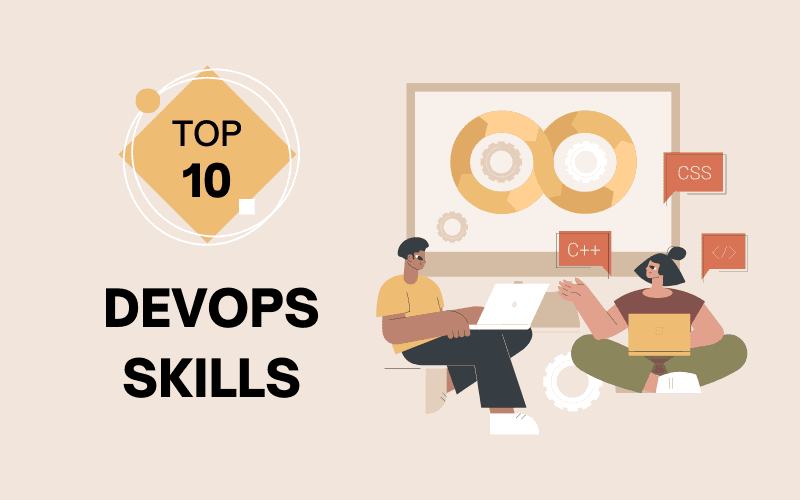




10 Essential Skills You Must Know to Become a DevOps Engineer
Introduction
DevOps has become an essential component of modern software development, blending Development(Dev) and Operations(Ops) to enable faster, more reliable software delivery. As a DevOps engineer, you bridge the gap between development and IT operations, ensuring that code flows seamlessly from development through testing and into production.
Becoming a successful DevOps engineer requires a blend of skills across development, operations, and automation. DevOps is a collaborative culture aimed at streamlining the software development lifecycle through continuous integration, continuous delivery(CI/CD), and efficient infrastructure management. If you are aspiring to become a DevOps engineer, here are 10 crucial things you need to know.
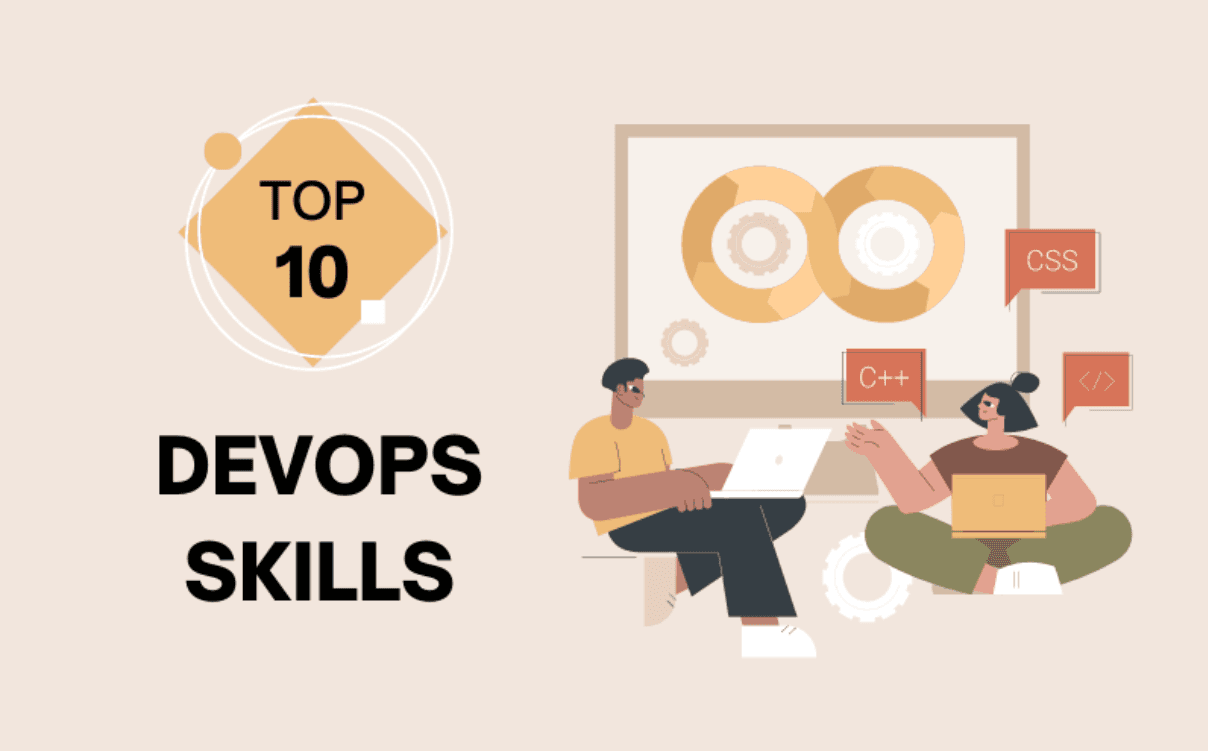
1. Understand the DevOps Culture and Principles
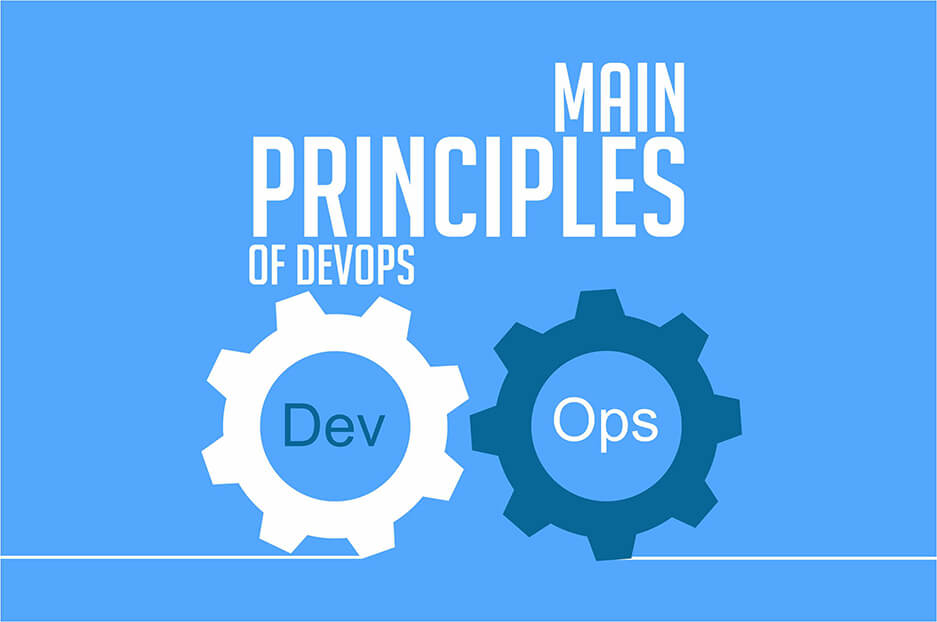
Source : Image
Before diving into technical skills, it's crucial to understand the DevOps culture and principles. DevOps is not just a set of tools or a job title, it's a mindset that emphasizes collaboration, automation, and continuous improvement.
Key principles include:
• Collaboration: Break down silos between development, operations, and QA teams.
• Automation: Automate repetitive tasks to improve efficiency and reduce errors.
• Continuous Integration/Continuous Deployment(CI/CD): Deploy, test, and deploy code rapidly and reliably.
• Monitoring and Feedback: Continuously monitor systems and gather feedback to improve.
Understanding these principles will help you think like a DevOps engineer and approach problems from a DevOps perspective.
2. Learn Scripting and Programming Languages
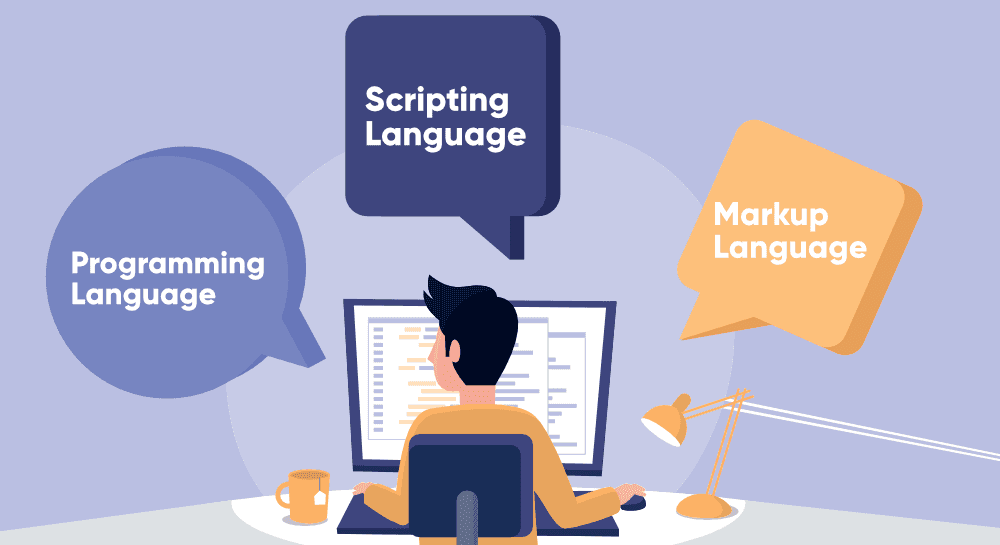
Source : Image
Scripting and programming are fundamental skills for DevOps engineers. You will often need to automate tasks, build CI/CD pipelines, and integrate various tools. The most commonly used languages include
• Python: Widely used for scripting and automation tasks.
• Bash: Essential for scripting in Linux environments.
• Go: Useful for building microservices and automation tools.
• Ruby: Commonly used in configuration management tools like Chef.
Having a solid grasp of atleast one programming language will enable you to write scripts to automate routine tasks and solve problems efficiently.
3. Master Version Control Systems
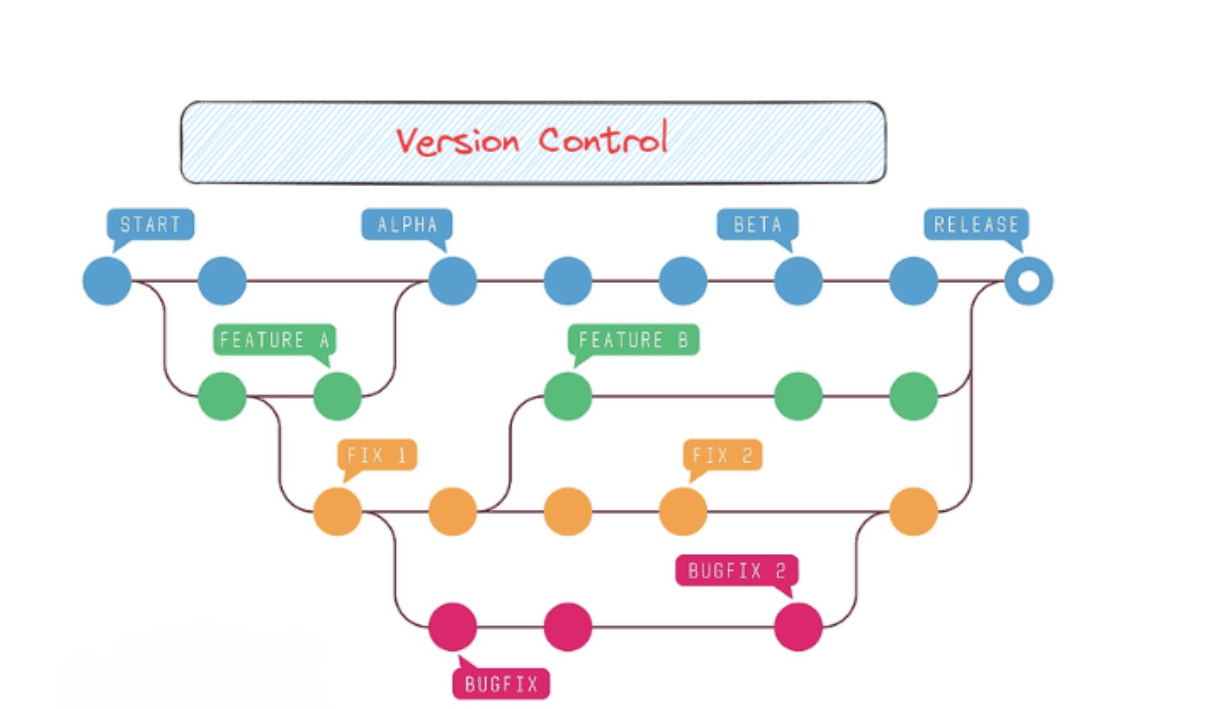
Source : Image
Version control is at the heart of DevOps. Tools like Git allow teams to collaborate on code, track changes, and manage code versions. You should be comfortable with Git basics, Git workflows, and repositories.
• Git basics: Understand how to commit, merge, branch, and revert changes.
• Git workflows: Learn popular workflows like GitFlow, GitHub Flow, and trunk-based development.
• Repositories: Know how to use GitHub, GitLab, or Bitbucket to manage code repositories.
Being proficient in version control is essential for managing code changes and collaborating effectively with other team members.
4. Get Comfortable with CI/CD Pipelines
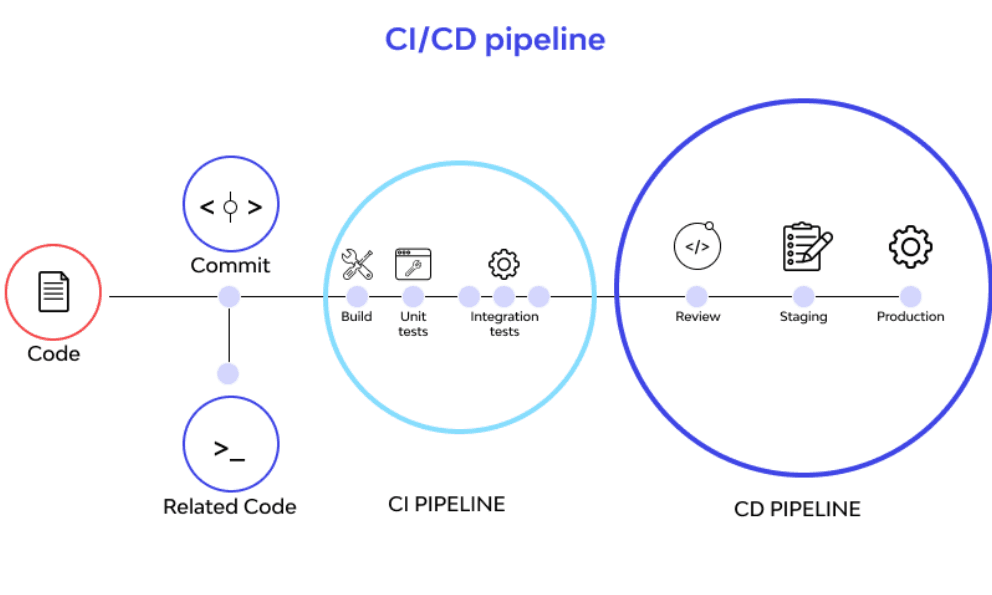
Source : Image
Continuous Integration(CI) and Continuous Deployment(CD) are corner stones of DevOps. CI/CD pipelines automate the process of integrating code, running tests, and deploying applications, making software delivery faster and more reliable.
Key aspects include
• CI/CD Tools: Familiarize yourself with tools like Jenkins, GitLab CI, CircleCI, or GitHub Actions.
• Build and Test Automation: Learn how to automate builds, run tests, and handle dependencies.
• Deployment Strategies: Understand blue-green deployments, canary releases, and rolling updates. Building and maintaining CI/CD pipelines is a critical responsibility of a DevOps engineer, and mastering these skills will make you invaluable to any development team.
5. Understand Configuration Management
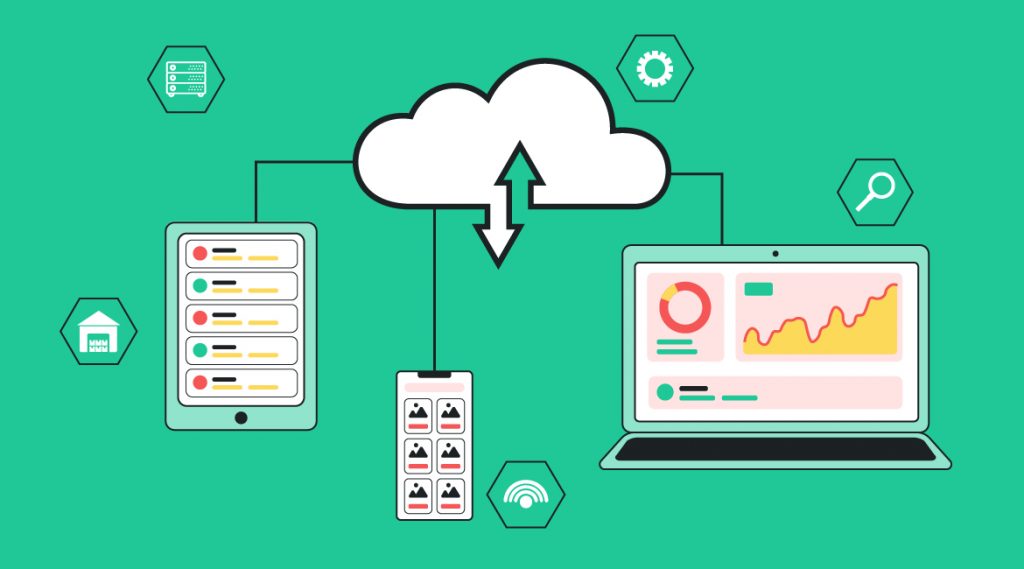
Source : Image
Configuration management involves maintaining the consistency of software and system settings across environments. This is crucial for ensuring that software runs the same way in development, testing,and production.
Key tools include
• Ansible: An open-source tool for automation and configuration management.
• Chef and Puppet: Used for managing infrastructure as Code(IaC) and automating configuration and deployment tasks. Learning configuration management will enable you to maintain a stable environment, reduce downtime, and minimize configuration drift between different systems.
6. Know Your Cloud Platforms
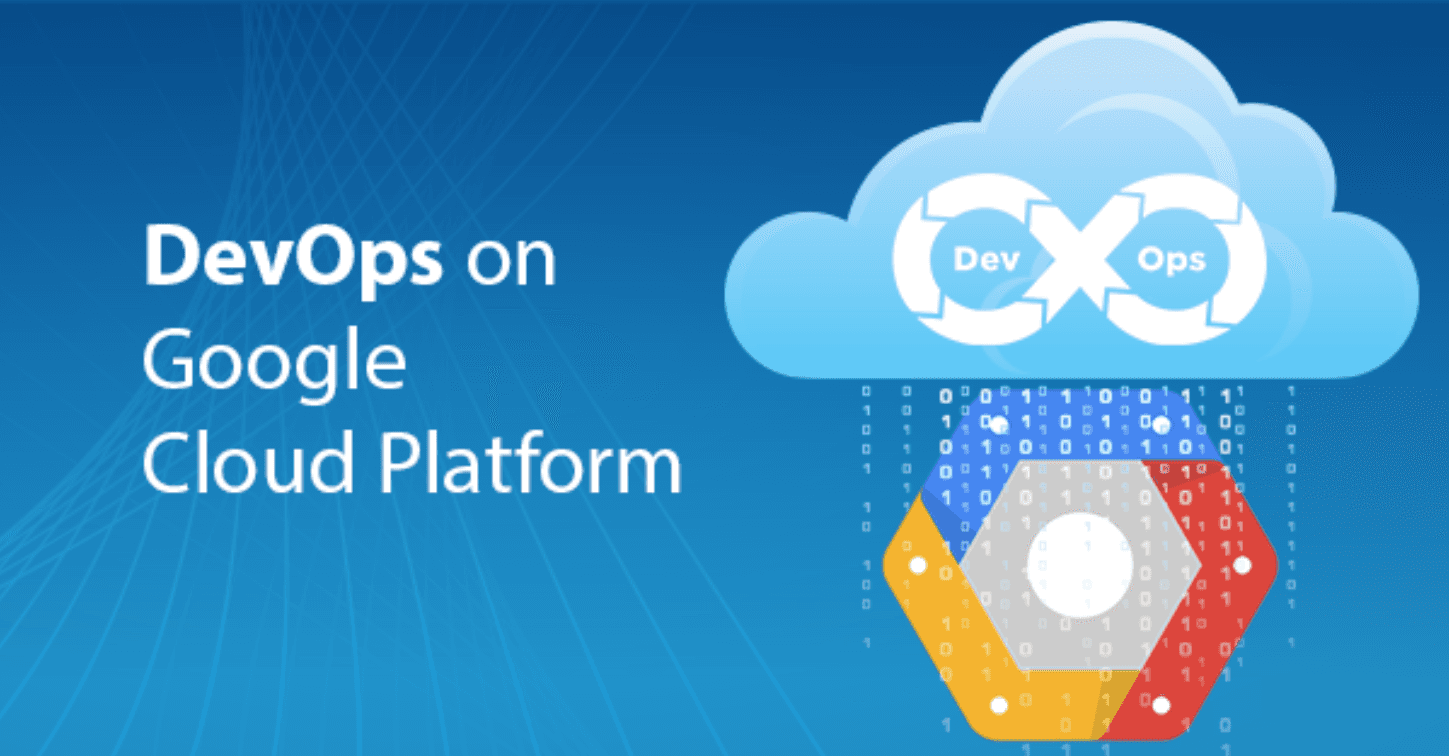
Source : Image
Cloud Computing is integral to DevOps. Cloud platforms offer the scalability, flexibility, and on-demand resources that DevOps relies on.
The following are the leading cloud providers
Amazon Web Services(AWS).
Microsoft Azure.
Google Cloud Platform(GCP).
Amazon Web Services(AWS):
It offers a broad set of tools for Cloud computing, storage, and DevOps services like AWS CodePipeline and AWS Elastic Beanstalk.
Microsoft Azure:
It provides integrated DevOps tools like Azure DevOps Services, Azure Pipelines, and Azure Kubernetes Service.
Google Cloud Platform(GCP):
It offers tools such as Google Kubernetes Engine, Cloud Build, and Cloud Deployment Manager.
Understanding cloud services will help you manage deployments, scale applications, and leverage cloud-native technologies effectively.
7. Learn Infrastructure as Code(IaC)
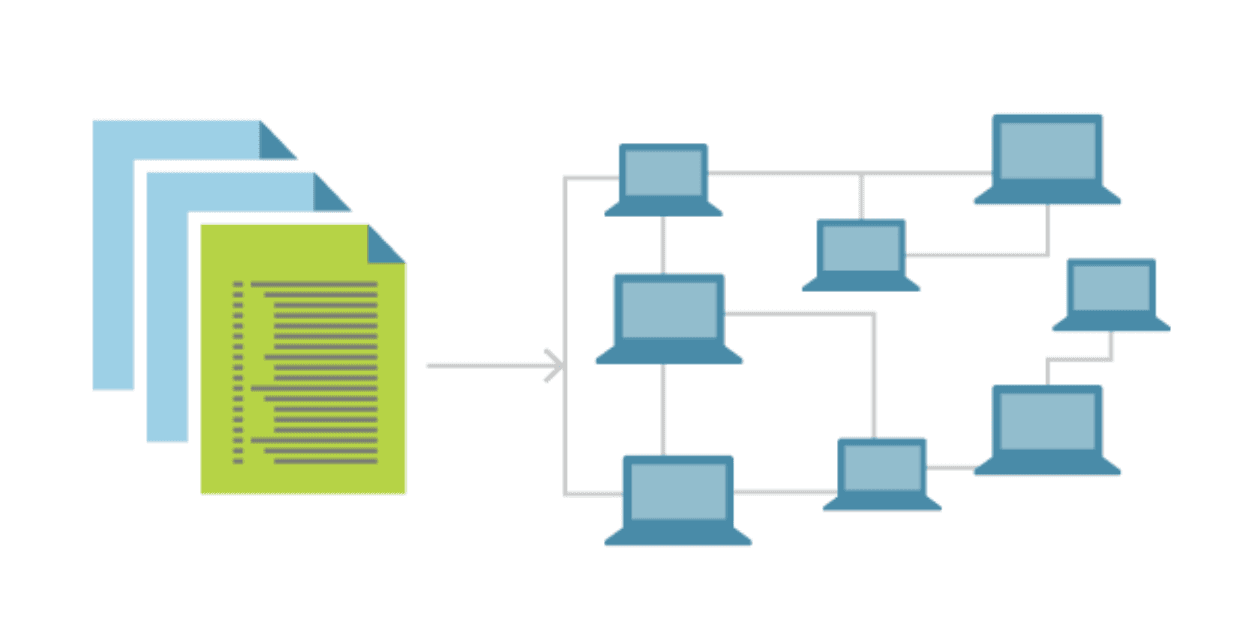
Source : Image
Infrastructure as Code(IaC) is a key DevOps practice that involves managing and provisioning infrastructure using code, rather then manual configuration. This approach ensures that environments are consistent and reproducible.
Essential IaC tools include
• Terraform: A popular tool for writing, planning, and applying infrastructure as code.
• AWS CloudFormation: It allows you to define AWS infrastructure in templates.
• Ansible: In addition to configuration management, it can also be used for IaC tasks.
Mastering IaC will enable you to automate infrastructure provisioning, making it easier to set up, modify, and replicate environments.
8. Understand Containerization and Orchestration
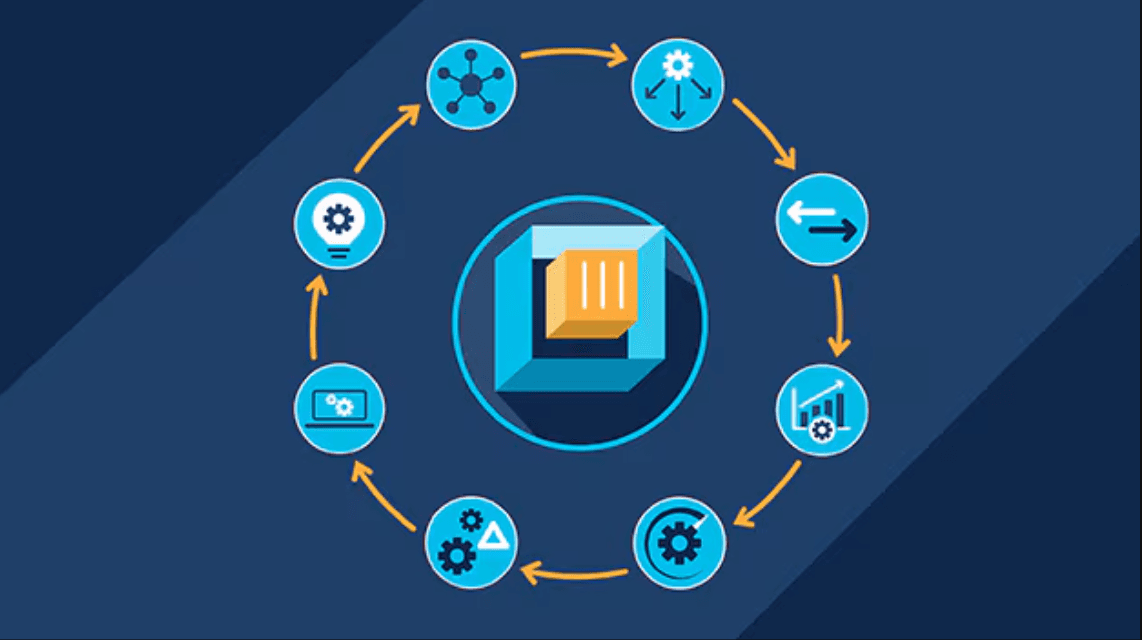
Source : Image
Containers have revolutionized how applications are developed, tested, and deployed. They provide a consistent environment for your applications to run, making them highly portable.
Key technologies include
• Docker: The leading platform for building, managing, and running containers.
• Kubernetes: The most widely used orchestration tool for managing and scaling containerized applications.
• Container Registries: Familiarize yourself with Docker Hub, AWS ECR, and other registries for storing and managing container images.
Knowing how to work with containers and orchestration tools is critical for modern DevOps workflows, allowing you to deploy and manage applications at scale.
9. Develop Strong Monitoring and Logging Skills

Source : Image
Monitoring and logging are crucial for maintaining the health and performance of your systems. As a DevOps engineer, you will meed to set up monitoring systems to detect issues, track performance, and gather metrics.
Key Tools include
• Promethus: A popular open-source monitoring and alerting toolkit.
• Grafana: Often used alongside Promethus for visualizing metrics and creating dashboards.
• ELK Stack(Elasticsearch, Logstash, Kibana): It is widely used for centralized logging, monitoring, and analytics.
These tools will help you gain visibility into your applications and infrastructure, allowing you to quickly identify and resolve issues.
10. Security Best Practices in DevOps(DevSecOps)
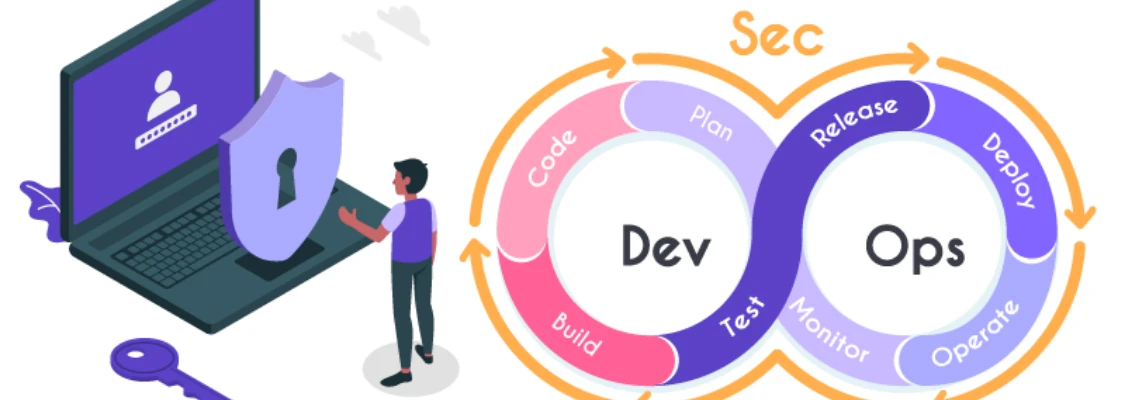
Source : Image
Security is a critical aspect of DevOps, often referred to as DevSecOps. This approach integrates security practices into the DevOps workflow, ensuring that applications are secure from the start.
Key areas to focus on include
• Security Scanning: Use tools like OWASP ZAP, SonarQube, and Synk to scan for vulnerabilities in code and dependencies.
• Infrastructure Security: Implement security best practices for cloud environments, including IAM(Identity and Access Management), security groups, and encryption.
• CI/CD Security: Integrate security checks into your CI/CD pipelines to catch vulnerabilities early in the development process.
Understanding DevSecOps ensures that security is embedded in every step of your development and deployment process, reducing the risk of vulnerabilities and compliance issues.
Conclusion
Becoming a DevOps engineer involves mastering a diverse set of skills and tools. It is not just about knowing how to use specific technologies; it is about embracing the DevOps culture of collaboration, automation, and continuous improvement.
By understanding the principles outlined above and building proficiency in the necessary tools and practices, you can position yourself as a valuable asset in any software development team.
To succeed in DevOps learning, stay curious, and continuously refine your skills. The field is constantly evolving, and staying updated with the latest trends and technologies will help you stay ahead in your DevOps career journey.
Are you looking for an opportunity to master the art of DevOps? You can connect with us to shine as a DevOps Engineer.
10 Essential Skills You Must Know to Become a DevOps Engineer
Introduction
DevOps has become an essential component of modern software development, blending Development(Dev) and Operations(Ops) to enable faster, more reliable software delivery. As a DevOps engineer, you bridge the gap between development and IT operations, ensuring that code flows seamlessly from development through testing and into production.
Becoming a successful DevOps engineer requires a blend of skills across development, operations, and automation. DevOps is a collaborative culture aimed at streamlining the software development lifecycle through continuous integration, continuous delivery(CI/CD), and efficient infrastructure management. If you are aspiring to become a DevOps engineer, here are 10 crucial things you need to know.

1. Understand the DevOps Culture and Principles

Source : Image
Before diving into technical skills, it's crucial to understand the DevOps culture and principles. DevOps is not just a set of tools or a job title, it's a mindset that emphasizes collaboration, automation, and continuous improvement.
Key principles include:
• Collaboration: Break down silos between development, operations, and QA teams.
• Automation: Automate repetitive tasks to improve efficiency and reduce errors.
• Continuous Integration/Continuous Deployment(CI/CD): Deploy, test, and deploy code rapidly and reliably.
• Monitoring and Feedback: Continuously monitor systems and gather feedback to improve.
Understanding these principles will help you think like a DevOps engineer and approach problems from a DevOps perspective.
2. Learn Scripting and Programming Languages

Source : Image
Scripting and programming are fundamental skills for DevOps engineers. You will often need to automate tasks, build CI/CD pipelines, and integrate various tools. The most commonly used languages include
• Python: Widely used for scripting and automation tasks.
• Bash: Essential for scripting in Linux environments.
• Go: Useful for building microservices and automation tools.
• Ruby: Commonly used in configuration management tools like Chef.
Having a solid grasp of atleast one programming language will enable you to write scripts to automate routine tasks and solve problems efficiently.
3. Master Version Control Systems

Source : Image
Version control is at the heart of DevOps. Tools like Git allow teams to collaborate on code, track changes, and manage code versions. You should be comfortable with Git basics, Git workflows, and repositories.
• Git basics: Understand how to commit, merge, branch, and revert changes.
• Git workflows: Learn popular workflows like GitFlow, GitHub Flow, and trunk-based development.
• Repositories: Know how to use GitHub, GitLab, or Bitbucket to manage code repositories.
Being proficient in version control is essential for managing code changes and collaborating effectively with other team members.
4. Get Comfortable with CI/CD Pipelines

Source : Image
Continuous Integration(CI) and Continuous Deployment(CD) are corner stones of DevOps. CI/CD pipelines automate the process of integrating code, running tests, and deploying applications, making software delivery faster and more reliable.
Key aspects include
• CI/CD Tools: Familiarize yourself with tools like Jenkins, GitLab CI, CircleCI, or GitHub Actions.
• Build and Test Automation: Learn how to automate builds, run tests, and handle dependencies.
• Deployment Strategies: Understand blue-green deployments, canary releases, and rolling updates. Building and maintaining CI/CD pipelines is a critical responsibility of a DevOps engineer, and mastering these skills will make you invaluable to any development team.
5. Understand Configuration Management

Source : Image
Configuration management involves maintaining the consistency of software and system settings across environments. This is crucial for ensuring that software runs the same way in development, testing,and production.
Key tools include
• Ansible: An open-source tool for automation and configuration management.
• Chef and Puppet: Used for managing infrastructure as Code(IaC) and automating configuration and deployment tasks. Learning configuration management will enable you to maintain a stable environment, reduce downtime, and minimize configuration drift between different systems.
6. Know Your Cloud Platforms

Source : Image
Cloud Computing is integral to DevOps. Cloud platforms offer the scalability, flexibility, and on-demand resources that DevOps relies on.
The following are the leading cloud providers
Amazon Web Services(AWS).
Microsoft Azure.
Google Cloud Platform(GCP).
Amazon Web Services(AWS):
It offers a broad set of tools for Cloud computing, storage, and DevOps services like AWS CodePipeline and AWS Elastic Beanstalk.
Microsoft Azure:
It provides integrated DevOps tools like Azure DevOps Services, Azure Pipelines, and Azure Kubernetes Service.
Google Cloud Platform(GCP):
It offers tools such as Google Kubernetes Engine, Cloud Build, and Cloud Deployment Manager.
Understanding cloud services will help you manage deployments, scale applications, and leverage cloud-native technologies effectively.
7. Learn Infrastructure as Code(IaC)

Source : Image
Infrastructure as Code(IaC) is a key DevOps practice that involves managing and provisioning infrastructure using code, rather then manual configuration. This approach ensures that environments are consistent and reproducible.
Essential IaC tools include
• Terraform: A popular tool for writing, planning, and applying infrastructure as code.
• AWS CloudFormation: It allows you to define AWS infrastructure in templates.
• Ansible: In addition to configuration management, it can also be used for IaC tasks.
Mastering IaC will enable you to automate infrastructure provisioning, making it easier to set up, modify, and replicate environments.
8. Understand Containerization and Orchestration

Source : Image
Containers have revolutionized how applications are developed, tested, and deployed. They provide a consistent environment for your applications to run, making them highly portable.
Key technologies include
• Docker: The leading platform for building, managing, and running containers.
• Kubernetes: The most widely used orchestration tool for managing and scaling containerized applications.
• Container Registries: Familiarize yourself with Docker Hub, AWS ECR, and other registries for storing and managing container images.
Knowing how to work with containers and orchestration tools is critical for modern DevOps workflows, allowing you to deploy and manage applications at scale.
9. Develop Strong Monitoring and Logging Skills

Source : Image
Monitoring and logging are crucial for maintaining the health and performance of your systems. As a DevOps engineer, you will meed to set up monitoring systems to detect issues, track performance, and gather metrics.
Key Tools include
• Promethus: A popular open-source monitoring and alerting toolkit.
• Grafana: Often used alongside Promethus for visualizing metrics and creating dashboards.
• ELK Stack(Elasticsearch, Logstash, Kibana): It is widely used for centralized logging, monitoring, and analytics.
These tools will help you gain visibility into your applications and infrastructure, allowing you to quickly identify and resolve issues.
10. Security Best Practices in DevOps(DevSecOps)

Source : Image
Security is a critical aspect of DevOps, often referred to as DevSecOps. This approach integrates security practices into the DevOps workflow, ensuring that applications are secure from the start.
Key areas to focus on include
• Security Scanning: Use tools like OWASP ZAP, SonarQube, and Synk to scan for vulnerabilities in code and dependencies.
• Infrastructure Security: Implement security best practices for cloud environments, including IAM(Identity and Access Management), security groups, and encryption.
• CI/CD Security: Integrate security checks into your CI/CD pipelines to catch vulnerabilities early in the development process.
Understanding DevSecOps ensures that security is embedded in every step of your development and deployment process, reducing the risk of vulnerabilities and compliance issues.
Conclusion
Becoming a DevOps engineer involves mastering a diverse set of skills and tools. It is not just about knowing how to use specific technologies; it is about embracing the DevOps culture of collaboration, automation, and continuous improvement.
By understanding the principles outlined above and building proficiency in the necessary tools and practices, you can position yourself as a valuable asset in any software development team.
To succeed in DevOps learning, stay curious, and continuously refine your skills. The field is constantly evolving, and staying updated with the latest trends and technologies will help you stay ahead in your DevOps career journey.
Are you looking for an opportunity to master the art of DevOps? You can connect with us to shine as a DevOps Engineer.
